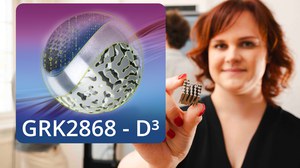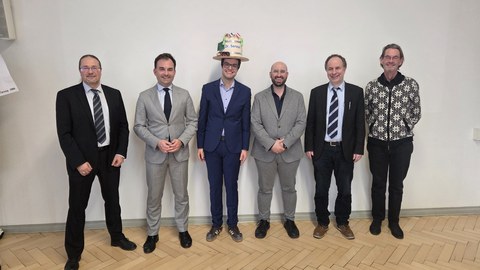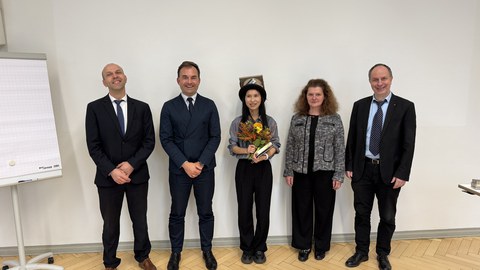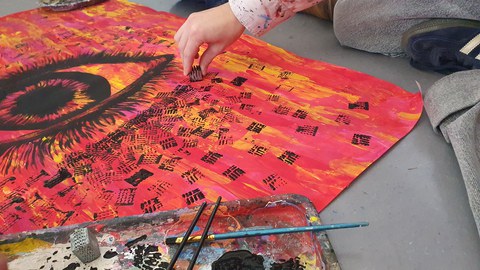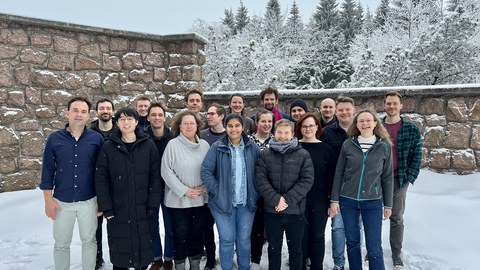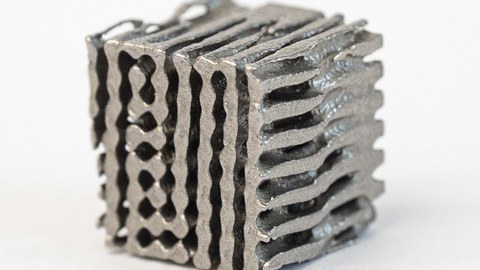Research Training Group 2868: Data-Driven Design of Resilient Metamaterials
The vision of the Research Training Group RTG 2868 D³ - Data-driven Design of Resilient Metamaterials is to develop and apply a data-driven approach to cross-scale materials discovery and design. The exploration aims at the mechanical performance as well as at the sustainability of the new metamaterials. The scientific challenges are tackled by an interdisciplinary team that involves experts in computational mechanics, data and computer science, materials science, mechanical engineering, mathematics, and physics. It is the objective of D³ to educate experts in digitization, who are highly demanded in research and industry. D³ is funded by the German Research Foundation (DFG) for an initial funding period of five years starting in October 2023.
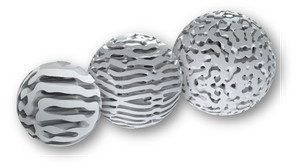 © D³
© D³
Research Training Group 2868: D³ - Data-Driven Design of Resilient Metamaterials
Metamaterials are artificial, architected materials, which offer unique properties superior to the corresponding bulk material. This novel class of materials is defined by a rationally designed internal structure that enables tailored properties to create new opportunities for applications in, e.g., the mobility, health, and energy sectors. Mechanical metamaterials, i.e., ultralight materials with programmable linear and nonlinear features of the mechanical behavior, have been realized by advanced Additive Manufacturing (AM) technologies. Their application in a variety of structural components is limited by process-induced defects. To fully exploit their potential, D³ aims at understanding and controlling their failure behavior.
The key innovation of D³ is to simultaneously design the structure and the local material properties as well as to consider additional functionalization steps to create resilient, i.e., high strength, ductile, and damage-tolerant mechanical metamaterials. Sustainability is to be achieved by reducing the amount of rare alloy elements through an advanced process design for AM. Beyond the state of the art, research within D³ will focus on novel spinodoid metamaterials with bioinspired non-periodic architectures, tailored aluminum alloys, and advanced binder jetting technologies.
A unique feature of D³ is to exploit innovative multiscale computational methods to design novel, resilient mechanical metamaterials. It is the vision of D³ to develop and apply a data-driven approach to cross-scale materials discovery and design. In particular, goal-oriented, inverse design procedures based on forward and backward process-structure-property linkages including restrictions regarding manufacturability will be utilized. The exploration aims at the mechanical performance as well as at the sustainability of the new materials. In view of the compositional and structural complexity of the considered architected materials and the interacting influences on performance and structural integrity, only the combination of experiments and simulations, closely linked in a data-driven framework, will open up the chance to identify suitable constellations regarding material, structure, and process parameters.

